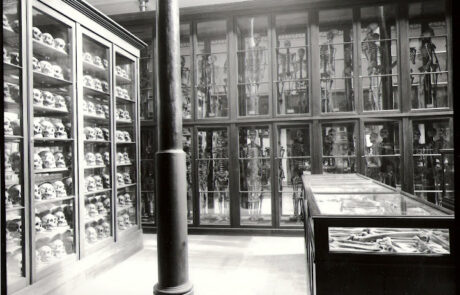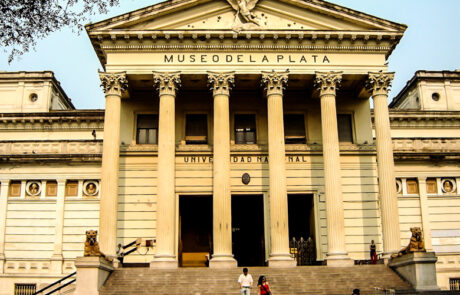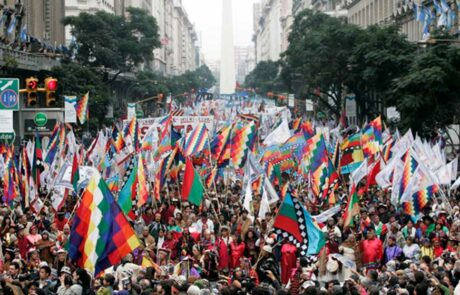— Pueblos Originarios y luchas por el territorio —
Más de 40 pueblos originarios integran actualmente el territorio argentino. Pueblos centenarios que han visto invisibilizadas sus culturas y cosmovisiones e incluso, han sido desplazados de sus territorios ancestrales, por lo que llevan siglos reclamando por sus derechos. Esta realidad deja al descubierto las bases del colonialismo xenofobo sobre el cual se han fundado las sociedades modernas capitalistas, entre las cuales, Argentina, no es una excepción.
El programa ofrece la oportunidad de conversar con especialistas del equipo de Investigación Universitaria en Antropología Social, que acompañan el reclamo de estas comunidades por la restitución y no exhibición de los restos de personas originarias que integran parte de las “colecciones arqueológicas” que desde hace décadas se exhiben en el Museo de La Plata, dependiente de la Facultad de Ciencias Naturales de la UNLP. Además, tendrán la oportunidad de conversar con un miembro de la comunidad Mapuche (“gente de la tierra” en mapudungún, lengua de esta comunidad originaria del sur de Argentina y Chile), para conocer de cerca la perspectiva de estas colectividades y el estado actual de sus luchas.



